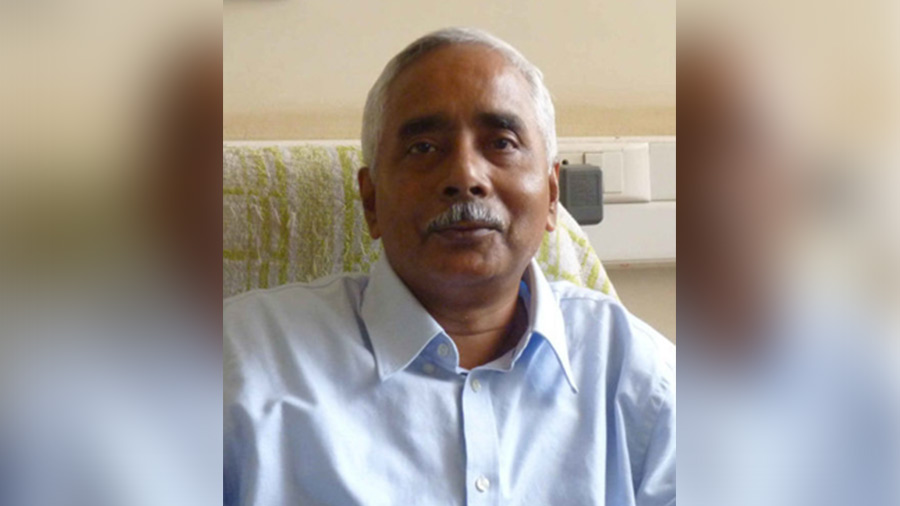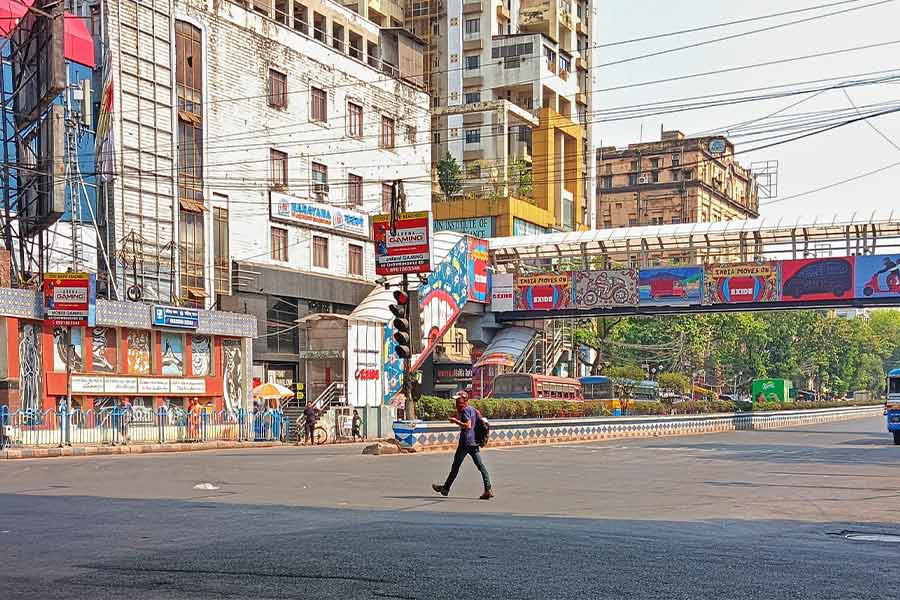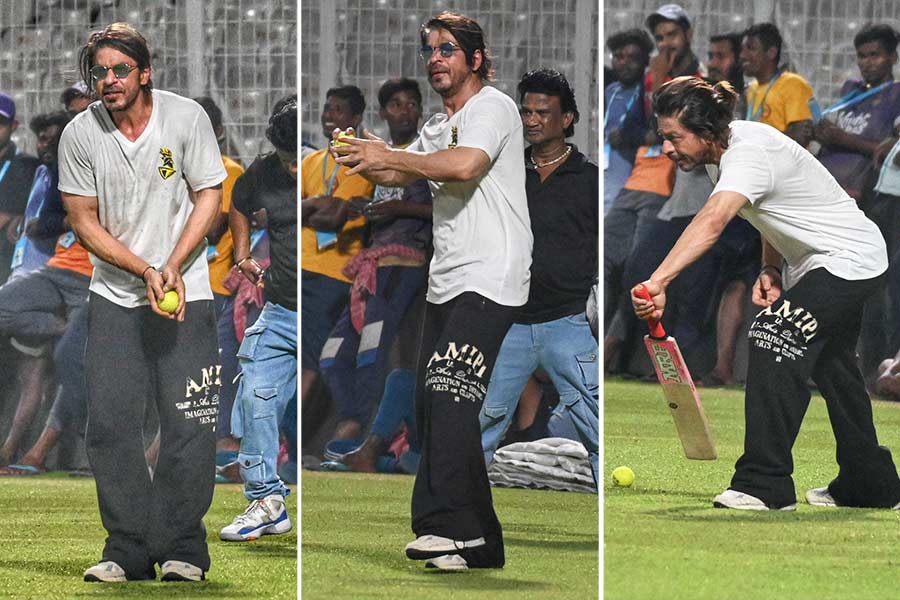Microbiologist Soumitra Das and his team along with collaborators at IISc, have developed and tested a novel virus-like particle (VLP) - a non-infectious nanoscale molecule that resembles and behaves like the virus but does not contain its native genetic material.
Soumitra Das completed his PhD at the Indian Institute of Chemical Biology, Kolkata.
During the first wave of Covid-19, when Saumitra Das, professor at the Department of Microbiology and Cell Biology (MCB), IISc, and colleagues were sequencing thousands of samples every day to check for SARS-CoV-2 variants as part of INSACOG, the government of India's genome surveillance initiative, they were racing against time to track mutations as they appeared.
"If we wanted to predict whether one of these mutations was going to be dangerous from a public health perspective, we needed an assay system," said Das.
The assay protocol widely followed involved isolating the virus from the samples, creating multiple copies of the virus, and studying its transmissibility and efficiency at entering living cells. Working with such a highly infectious virus is dangerous and required a Bio Safety Level-3 (BSL-3) lab, but there were only a handful of these labs across the country equipped to handle such viruses.
Such VLPs have several uses. They can not only be used to safely study the effect of mutations that may arise in SARS-CoV-2 – without requiring a BSL-3 facility – but can also potentially be developed into a vaccine candidate that can trigger an immune response in our bodies.
Soma Das from the Department of Biochemistry and an author of the study, said these VLPs can also be used to cut down the time taken to screen drugs that can fight the virus.
Das' lab had earlier studied the Hepatitis C virus for 28 years. They have shown that VLPs can be used as vaccine candidates to trigger an immune response.
The researchers have applied for a patent and hope to develop it into a vaccine candidate. They also plan to study the effect of the VLP on other animal models (using the expertise of S.G. Ramachandra, one of the inventors), and eventually on humans.
According to a researcher, they have also developed VLPs that might be able to offer protection against the more recent variants like Omicron and other sub-lineages.
Das received the National Bioscience Award for Career Development, one of the highest Indian science awards in 2005 from Government of India’s Department of Biotechnology.






